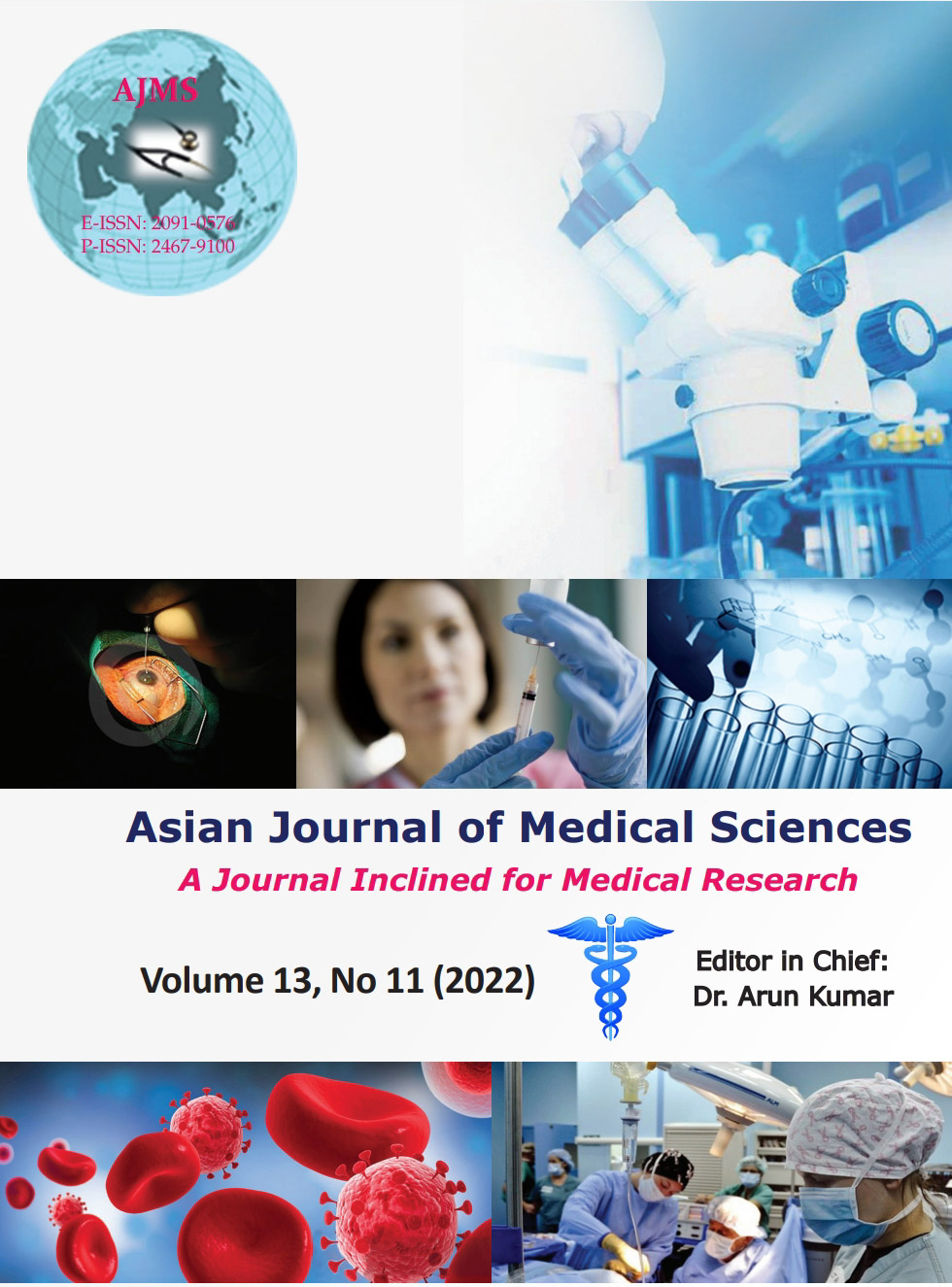Artificial intelligence in healthcare: Setting new algo RHYTHM in medicine
Keywords:
AI in healthcare; Algorithms; Network and models; Precesion medicineAbstract
Artificial intelligence (AI) is a rapidly expanding avenue in science and is often used to describe the use of computers, big data mining, modeling, and network that may simulate intelligent behavior and critical thinking similar to a human being but at an exceedingly fast pace. What lies at the heart of AI are intelligent algorithms that drive the whole process integratively, imparting the decisive ability to machines. The artificial intelligence market is expected to grow at a rate of 39.4% by 2022-2028.
British mathematician Alan Turing’s 1950 paper “Computing Machinery and Intelligence " established AI's fundamental goal and vision. Fundamentally, AI is a branch of computer science that aims to answer Turing’s question of replicating human intelligence as machines.
Since AI research aims to make smarter algorithms evolve and emulate human-like functioning, the degree to which an AI system can replicate human capabilities is used to determine the types of AI.
The volume, magnitude, and complexity of data in healthcare mean that artificial intelligence (AI) will be increasingly applied and exploited, with several types of AI already being employed by researchers, clinicians, and data analysts. AI is a collective term, not just one technology, with an immediate relevance to healthcare. Few AI technologies of high importance to healthcare are:
- Machine learning, Neural Networks, and Deep Learning
- Natural Language Processing ( NLP)
- Physical Robots
- Rule-based expert systems
The AI-associated healthcare market is growing at an exponential pace and is expected to reach USD 6.6 billion by 2021.
Precision medicine initiatives can be divided into three types of clinical areas: complex algorithms, digital health applications, and “omics”-based tests.
Large genomic datasets and informatics related to demographic data or diagnostic reports are exploited by machine learning algorithms for prediction and prognosis. This is coupled with patient healthcare data, such as treatment protocols, treatment response, response to therapy, and health monitoring, with data input from clinicians, researchers, and the public domain. High throughput big data from population-based studies are used with machine learning algorithms to establish correlations, build predictive models, and provide customized treatment protocols. In Omics based era, data from genomics, proteomics, and metabolomics are exceedingly used to address and identify health-related problems in large study cohorts . This will provide opportunities for translation and transition from bench to bedside through precision medicine.
Downloads
Downloads
Published
How to Cite
Issue
Section
License
Copyright (c) 2022 Asian Journal of Medical Sciences

This work is licensed under a Creative Commons Attribution-NonCommercial 4.0 International License.
Authors who publish with this journal agree to the following terms:
- The journal holds copyright and publishes the work under a Creative Commons CC-BY-NC license that permits use, distribution and reprduction in any medium, provided the original work is properly cited and is not used for commercial purposes. The journal should be recognised as the original publisher of this work.
- Authors are able to enter into separate, additional contractual arrangements for the non-exclusive distribution of the journal's published version of the work (e.g., post it to an institutional repository or publish it in a book), with an acknowledgement of its initial publication in this journal.
- Authors are permitted and encouraged to post their work online (e.g., in institutional repositories or on their website) prior to and during the submission process, as it can lead to productive exchanges, as well as earlier and greater citation of published work (See The Effect of Open Access).




